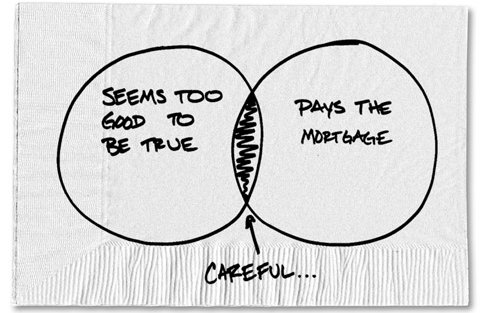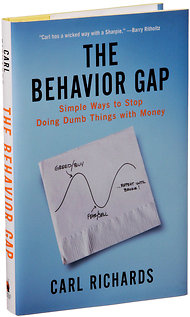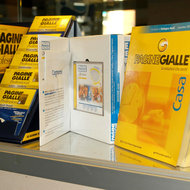But they are often weapons of mass deception.
For some derivatives, a desire for deception is the only reason they exist. That deception can allow those who own derivatives to evade taxes or accounting rules. It can allow activity that might otherwise be illegal, were it not called a derivative, or that would face regulation if it were labeled what it truly is.
Sometimes, banks use derivatives they create to help their clients deceive the public. Other times, they enable the banks to deceive those clients.
The latest revelation of deception by derivative came in Italian government documents leaked this week to two European newspapers, La Repubblica and The Financial Times. The Financial Times said it appeared that Italy had used derivatives in the 1990s to allow it to make its budget deficit seem smaller, thus enabling it to qualify for admission to the euro zone. The report said it appeared those derivatives, now restructured, might be exposing Italy to a loss of 8 billion euros ($10.4 billion).
La Repubblica noted that the director general of the Italian Treasury Department at the time, Mario Draghi, is now running the European Central Bank.
Italy’s economy minister, Fabrizio Saccomanni, said it was “absolutely baseless” to say that the country used derivatives to lie its way into the euro zone. It was simply hedging against market risks. As for the current situation, he said, “There’s been no material damage to our public finances.” He drew a distinction between realized losses and those based on market values that could change.
What seems to have happened in Italy is similar to something that we already know Greece did. Rather than borrow money — which would increase the reported budget deficit — the country entered into a derivatives contract that called for the banks to make large upfront payments in return for larger payments later from the government.
And how did that differ from a loan? Functionally, not very much, in all probability. But if you call something a derivative you can often get away with keeping it off your balance sheet — or putting it on the balance sheet in a misleading way. If The Financial Times report is right, the deal made Italy’s reported budget deficit smaller just when the country needed that to join the euro zone.
There is some evidence that Europe knew what was going on and chose to ignore it. Joining the euro was seen as more of a political event than an economic one, a symbol of European unity.
The effect of the funny accounting was similar to that of a student cheating on college entrance exams. The student may get into a university where he or she cannot compete, just as Italy and Greece find themselves in a currency bloc where their economies are at a significant disadvantage.
But while uncompetitive students can drop out, or be expelled, the euro zone rules provide that no country can leave. That fact, perhaps more than anything else, accounts for the persistence of the euro zone crisis.
Such deception by derivative is hardly new. Enron was a pioneer. It used derivatives called “prepaid forward” contracts to hide debt in a way that made corporate cash flow appear better, something the company thought was necessary to impress the bond rating agencies.
Responding to claims that his bank and Citibank had made “disguised loans” to Enron, a JPMorgan Chase executive told a Senate hearing in 2002 that “the prepaid forwards were undoubtedly financing, as all contracts are that involve prepayment features, but every financing is not a loan.” He said the bank had properly accounted for them, but “the manner in which Enron accounted for them” was of no concern to the bank. It was, instead, “a matter for Enron and its management and auditors.”

Article source: http://www.nytimes.com/2013/06/28/business/deception-by-derivative.html?partner=rss&emc=rss


